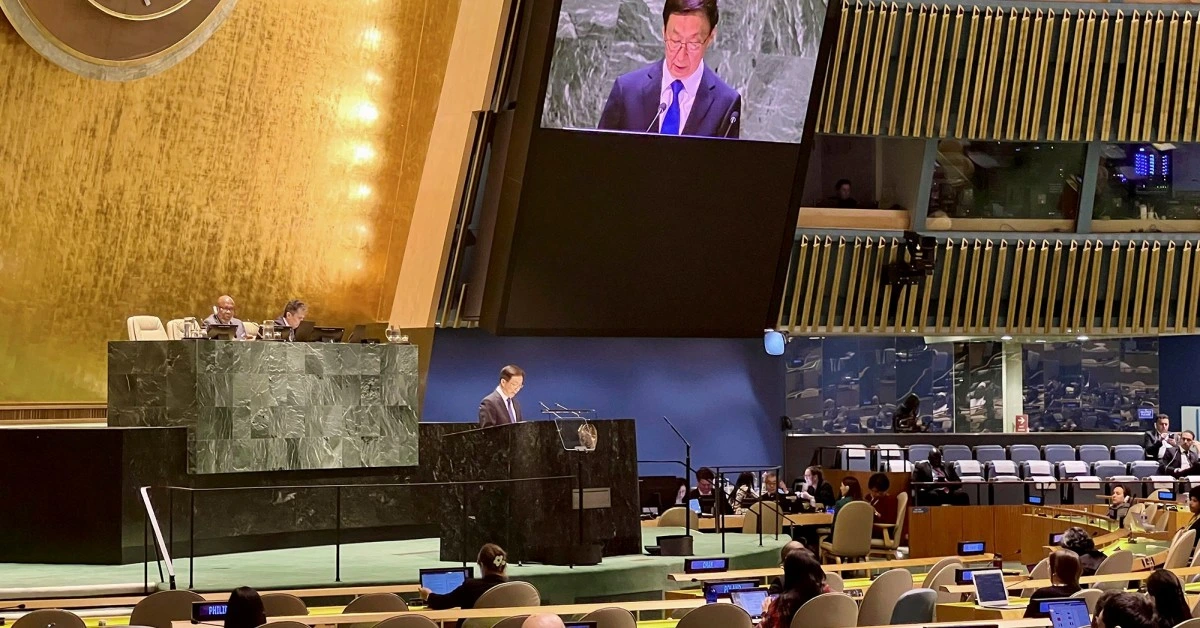
SWITZERLAND – The World Health Organization (WHO) has secured approval for a 20% increase in annual membership fees from its member states in a move to stabilize its finances.
This decision, made at the 78th World Health Assembly, comes as the agency grapples with growing financial uncertainty following the United States’ withdrawal from key international institutions.
The new budget, which will cover the 2026–2027 period, represents a strategic shift to reduce reliance on voluntary donor contributions, which often come with strict conditions.
Instead, WHO aims to fund more of its work through assessed contributions – mandatory membership fees that allow for flexible spending.
Under the newly approved plan, these will make up 40% of the agency’s US $4.2 billion core budget, a step toward its goal of reaching 50% by 2030.
This marks the second consecutive 20% fee hike, part of a long-term plan to secure sustainable and predictable funding.
The remaining budget, which includes additional funding for emergency and polio programs, brings the total funding target to US $6.2 billion.
The decision follows tense negotiations, as some member nations expressed concern over regional budget cuts and called for more transparency and accountability.
Still, the urgency of the financial threat tipped the balance. WHO Director-General Dr. Tedros Adhanom Ghebreyesus acknowledged the severity of the situation, stating, “There is a crisis… but we will use this crisis as an opportunity.”
Germany, now WHO’s top financial backer, called the decision “historic” and voiced strong support, though not without a moment of levity, quoting the Spice Girls to stress unity in funding global health.
China also pledged US $500 million over five years, positioning itself as the largest contributor to the agency’s budget following the U.S. exit.
Despite the win, WHO still faces a US $1.5 billion shortfall and has already slashed US $1.1 billion from previous budget projections.
All six of WHO’s regional offices will see reduced funding, with Africa facing the largest cut of US $153 million. Geneva headquarters will lose nearly 25% of its funding.
The financial squeeze on WHO reflects a wider trend: international aid is shrinking, with the U.S. pulling back from agencies like USAID, once the world’s largest humanitarian donor.
This has triggered a global funding crisis, as UN agencies and nonprofits compete for fewer dollars.
XRP HEALTHCARE L.L.C | License Number: 2312867.01 | Dubai | © Copyright 2025 | All Rights Reserved